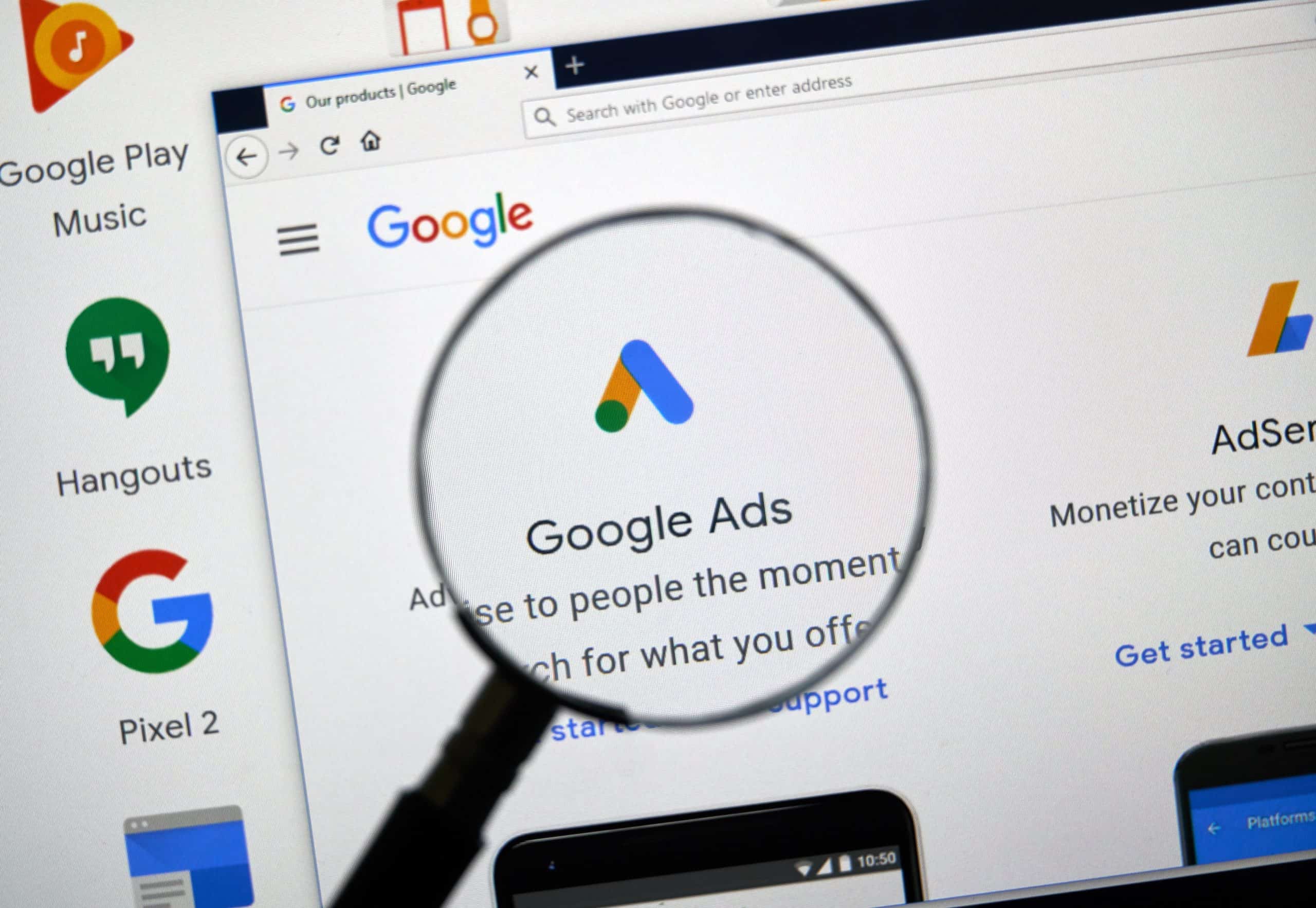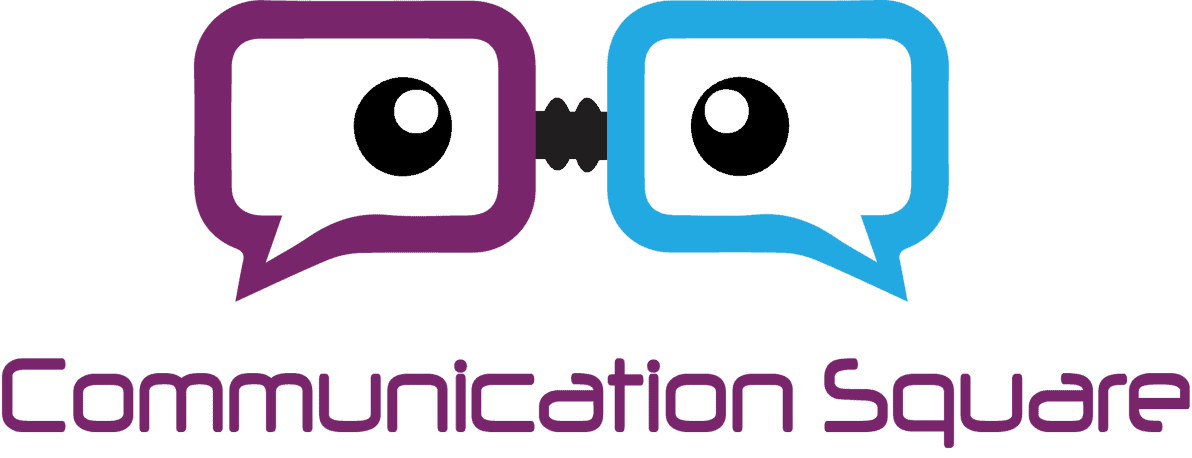In the ever-evolving landscape of digital marketing, mastering Google Ad campaigns has become a critical skill for marketers aiming to drive targeted traffic, generate leads, and boost conversions. However, the complexity and competitiveness of the platform demands a strategic approach to ensure success.
So, whether you're a small business owner new to digital advertising or a seasoned marketer looking to refine your approach, this guide offers valuable insights and actionable tips to help you transform keywords into conversions, maximizing your return on investment in Google Ads.
What Are Google Ads?
Google Ads stands as a robust and flexible digital advertising platform engineered by Google. It enables businesses and marketers to offer Google Ads services in Tucson and create ads that appear on Google's search engine results pages (SERPs) and across its vast network of partner websites, including the Google Display Network and YouTube. These ads can take various formats, including text, image, video, and interactive elements, allowing for a wide range of advertising strategies tailored to different business needs and objectives.

Winning Strategies for Google Ads Mastery
Building successful Google Ad campaigns involves a strategic blend of planning, execution, and ongoing optimization. Here’s a comprehensive guide to help you navigate through the process and maximize your return on investment.
Understanding Your Objectives
Before diving into Google Ads, it’s critical to have a clear understanding of what you aim to achieve. Whether your goal is to drive more traffic to your website, generate leads, increase sales, or boost your brand’s visibility, having a defined objective will guide all subsequent decisions in your campaign.
Furthermore, identifying your target audience is equally important. By understanding the interests, demographics, and online behaviors of your potential customers, you can tailor your advertising efforts to engage them more effectively. This initial step lays the foundation for a targeted and strategic ad campaign.
Keyword Research
The cornerstone of any successful Google Ad campaign is effective keyword research. Utilizing tools like Google's Keyword Planner allows advertisers to discover relevant keywords that their target audience is searching for.
A balanced mix of the broad, long tail and negative keywords can refine your targeting, ensuring your ads reach the most appropriate viewers. It's crucial to select keywords that are not only relevant to your products or services but also match the intent behind the search queries. This alignment between keyword intent and your offerings enhances the likelihood of conversions.
Crafting Compelling Ads
Creating ads that capture attention and compel action is an art. Your ad copy should clearly articulate the unique benefits of your product or service, incorporating a strong call to action that urges potential customers to take the next step.
Effective use of ad extensions, such as sitelinks, callouts, and structured snippets, can significantly enhance your ad's visibility and provide additional information to users, thereby improving click-through and conversion rates.
Landing Page Optimization
The effectiveness of your Google Ads doesn't just rely on the ads themselves but also on the quality of the landing pages they lead to. Ensuring a seamless transition from ad to landing page, with consistent messaging and clear value propositions, is vital for maintaining user interest.
Moreover, your landing page should have a straightforward and compelling call to action, guiding visitors toward their desired outcome, such as making a purchase or signing up for more information.
Setting Up Your Campaign
A well-structured campaign is essential for effective management and optimization. Organizing your campaign into clearly defined ad groups allows for more precise targeting and messaging for different segments of your audience.
When setting up your campaign, consider the various targeting options available, including demographics, geographic location, and device preferences, to ensure your ads are displayed to your ideal customers. A thoughtful setup process is key to a campaign’s ability to reach the right people with the right message.
Budgeting And Bidding
Determining your budget and choosing an appropriate bidding strategy are crucial steps that influence your campaign’s reach and effectiveness. Setting a realistic budget that aligns with your campaign goals and business constraints will ensure sustainable campaign operation.
Google Ads offers various bidding strategies tailored to different goals, such as maximizing clicks, impressions, or conversions. Experimenting with these strategies can help identify the most cost-effective approach for your specific objectives.
Monitoring And Optimization
The launch of your campaign is just the beginning. Regular monitoring and analysis of performance data are indispensable for understanding its effectiveness. Key metrics, including click-through rates, conversion rates, and cost per conversion, offer insights into how well your campaign is meeting its objectives.
Based on these insights, it’s imperative to continually refine your keywords, ad copy, and targeting strategies. Optimization is an ongoing process, with successful campaigns constantly evolving through testing and adjustments to maximize performance.
Stay Updated with Google Ads Features
Google Ads is a dynamic platform, regularly updated with new features, policies, and best practices. Staying informed about these changes is crucial for leveraging new opportunities and ensuring your campaigns remain compliant and effective. Taking advantage of the latest tools and features can provide a competitive edge and enhance your advertising efforts.
Utilize Automation and Artificial Intelligence (AI)
Google's automation and AI capabilities can significantly streamline the optimization process, enabling more efficient targeting, bidding, and ad creation. Automated bidding strategies and AI-driven insights can help fine-tune your campaigns for optimal performance, reducing the manual workload and allowing you to focus on strategic decision-making.
Conclusion
As the digital landscape evolves, so should your strategies, ensuring that your Google Ads campaigns remain effective, efficient, and aligned with the latest trends and technologies. By staying informed, agile, and focused on your objectives, you can navigate the complexities of Google Ads and drive meaningful results for your business.
Last Updated 11 months ago

